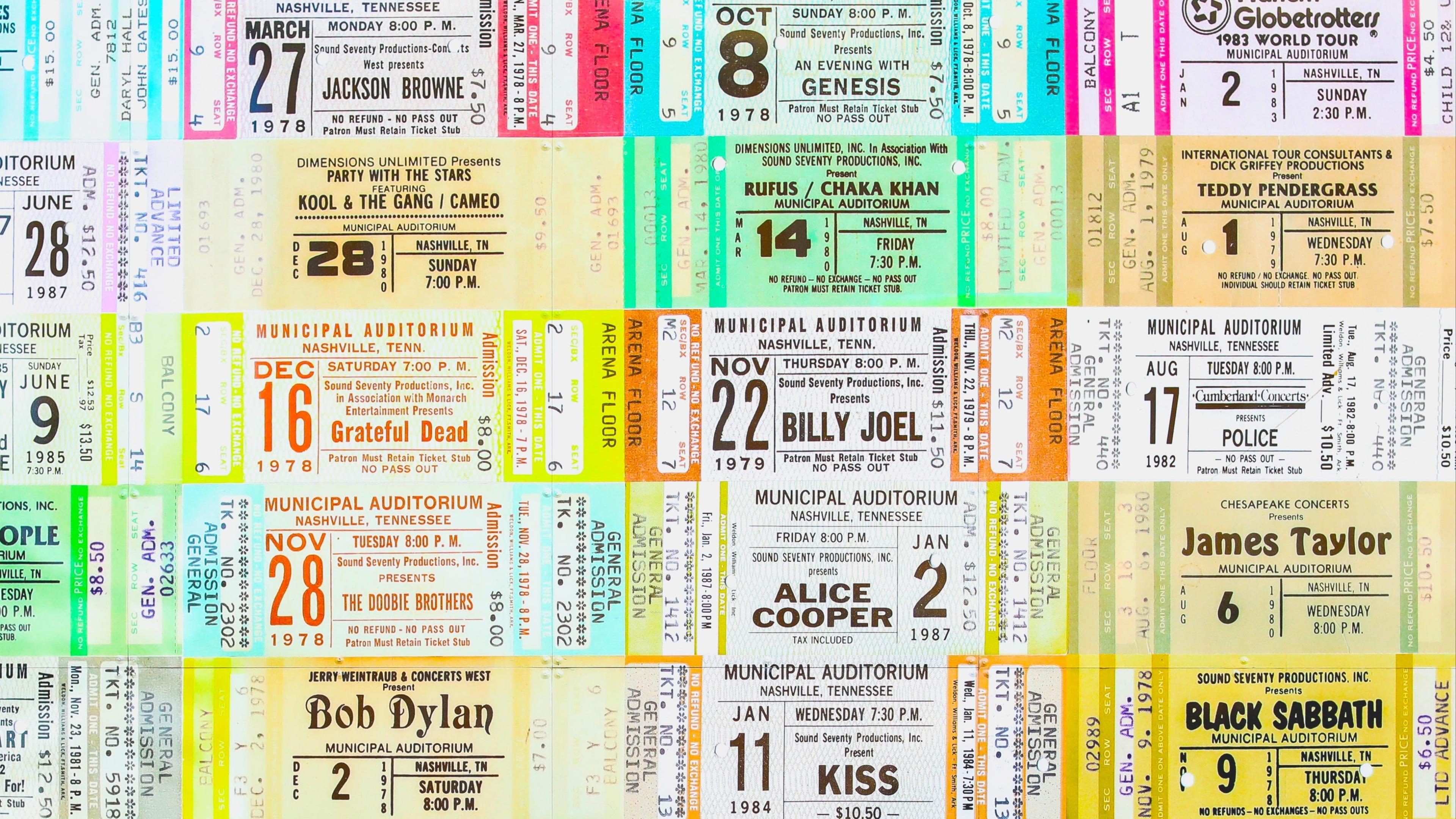How To Get To Where You're Going

Photo by Lili Popper on Unsplash
These past few weeks have been hectic for me, last time I wrote I had been onboarded to a new project and then I don't know what happened to my time. Between the bank holidays, and being out of office for a few days it feels like it's only been a few days rather than the few weeks since I last wrote.
In these weeks, I've spent a lot of time figuring out where I want my career to go. What do I want to be doing in 5 or 10 years time, career wise? I might well be a junior right now, but what I do now will impact my career trajectory. So there are two options, both with some benefits and drawbacks...
Go With the Flow
If you're not too fussed about where you want to go or what you want specifically in 5 or 10 years time or you just want to explore the field some more before deciding, there's nothing wrong with just seeing what opportunities present themselves to you and taking those that you think you might find interesting.
This is the time for learning, as a junior we aren't (or at least shouldn't be) critical to the success or failure of a project. Yes, we should be adding value to our projects but we shouldn't be the reason a project can or can't go ahead. Therefore, it is much easier to switch around job roles/projects as juniors which will give us more experience, develop different skills and help us figure out what we're interested it. It's a great way to just see what takes your fancy and you might well find something you love.
The risk, however, if you let opportunities comes to you is that you might get further down the line and realise that you've figured out what you want and not have developed the skills for it.
Plan and Calculate
If you know where you want to be in the future, then it might help to feel more in control or like you're working towards your goal by planning out what steps you need to take to get there.
This can be great for motivation, but also might be a little turbulent if you don't feel like you're getting what you want in your current position. It might mean jumping from job to job, or contracting on short posts - this might be great for you and keep you inspired but if you want to feel more settled in one role it might have the opposite effect.
You'll need to have a level of self confidence for this route, to seek out what you want and advocate for yourself to get it - whether that's in your current role or elsewhere. It's a fantastic skill to have, but it's not something everyone is comfortable with so it's good to be aware that you'll have to push (professionally) to guide your career in the chosen direction.
Do I Have to Pick One?
In short, no.
More fully...no, because as you can see both routes have different benefits and drawbacks. The most important part in and amongst all these choices (in my mind at least) is to stay employable.
If I'm happy to drift and see what comes up, I might well discover new things that excite me that I couldn't have predicted. In theory, as a junior your seniors/team leads will be making sure that you develop to be fully rounded. Having a variety of skills that will help you in your career.
The same can be said if you're going for the route of planning to get your goal. It's easy to focus on exactly what we want and forget that there are other foundational aspects to our role that we need to understand. Being so focused on the goal also might mean you miss out on opportunities that could further your career or help you discover something else that you love.
That being said, your career is yours. It's up to you to make sure that you are keeping yourself employable with the range of skills you need. Hopefully, no one is going to force you to stay in a job to learn skills you don't want to and getting really good at one or two aspects of your role will make you stand out for sure, but you might well need the other skills so a company can see your value in more contexts.
Personally, I opt for a bit of drifting and a bit of planning. I know what I am interested in which is a start, but I'm not really sure how to get there and I want to explore more areas of my field before really settling into one niche. I'm communicating with my line manager and team about what I'm interested it, what I'm enjoying but also asking where possible for the project I'd like to do and doing work they think would be beneficial for me. After all, they're already seniors in the field!

